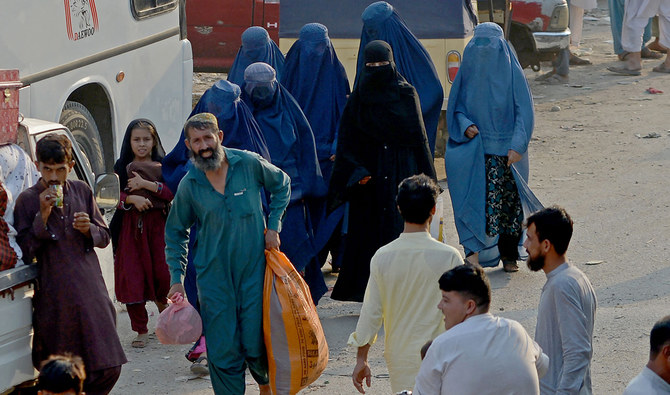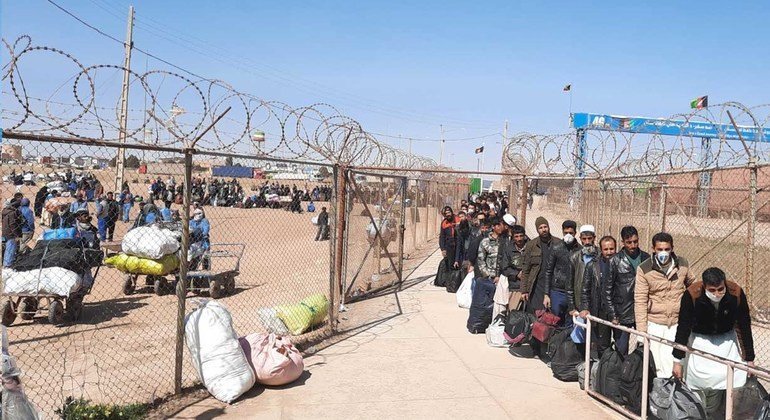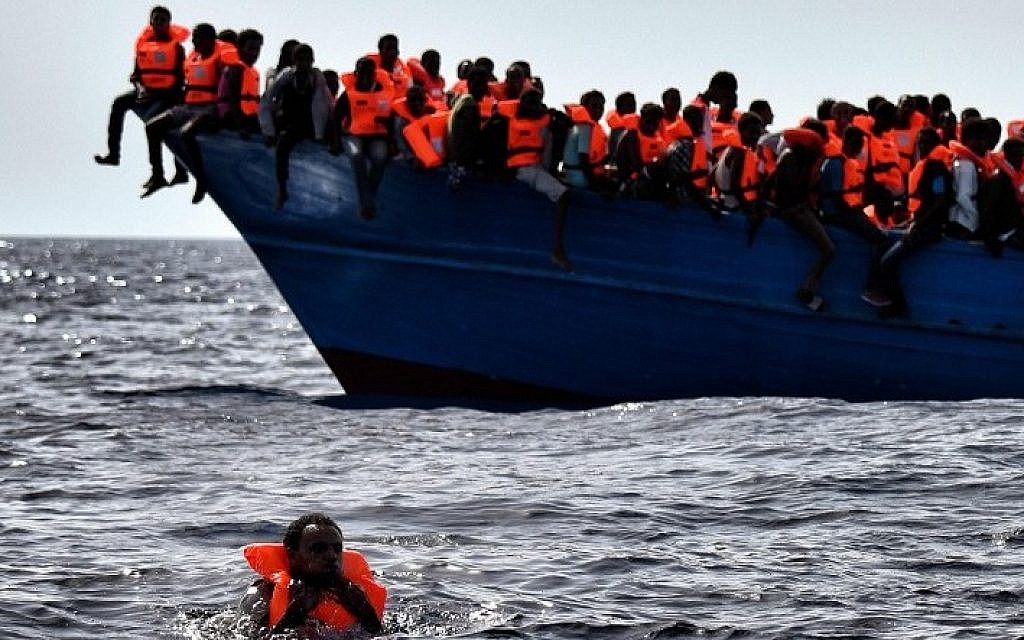Pakistan Threatens New Wave of Afghan Deportations
Amid escalating tensions between Pakistan and Afghanistan, the specter of a new wave of Afghan deportations looms large. The first phase of deportations saw over half a million Afghans returning to a country grappling with Taliban rule and burgeoning humanitarian needs.
Among those
facing deportation are vulnerable groups such as women and girls unable to
pursue education beyond the sixth grade and former members of the
Western-backed government's security forces fearing reprisals from the Taliban.
Pakistan's directive to deport "all illegal foreigners" initiated a mass exodus of Afghans, either forcibly removed by Pakistani authorities or fleeing to avoid detention. The upcoming phase extends the risk of deportation to holders of the Afghan Citizen Card (ACC), raising concerns about the safety of documented Afghans.
Human Rights Watch has accused Pakistani officials of employing abusive tactics, including mass detentions and property seizures, to expel Afghan refugees. Tensions between Islamabad and Kabul have escalated further due to security incidents, including alleged Pakistani airstrikes in Afghan provinces and retaliatory attacks.
The Pakistani government attributed these
actions to armed opposition groups operating from Afghan territory. Amnesty
International criticized the decision to continue deportations, citing a lack
of transparency and accountability in the process.
The influx of returnees has strained the resources of the Taliban-led government in Afghanistan, exacerbating existing challenges in providing shelter, food, and employment opportunities. Many returnees find themselves competing for scarce resources in cities already grappling with poverty and food insecurity.
The situation is particularly dire for families who spent decades in Pakistan without official documentation, facing uncertainty and hardship upon their return. The plight of returnees reflects broader challenges facing Afghanistan, including a dwindling job market and limited access to basic services.
Many returnees struggle to secure employment, exacerbating their economic hardships. The situation is compounded by the Islamic Emirate's efforts to clear cities of beggars, leaving vulnerable families without means of sustenance.
The humanitarian response in Afghanistan is hampered by funding shortages and diplomatic challenges. International donors face pressure to provide both emergency aid and long-term development assistance to address structural issues underlying the crisis.
Without adequate funding and support, Afghanistan risks descending into a cycle of poverty and displacement reminiscent of past decades. For families like Mohammad Naeem's, the daily struggle for survival overshadows broader geopolitical concerns.
Denied the opportunity for education and livelihood, they face an uncertain future in a country grappling with the aftermath of decades of conflict and instability. As international actors debate policy responses, the urgent humanitarian needs of Afghan returnees cannot be ignored.









